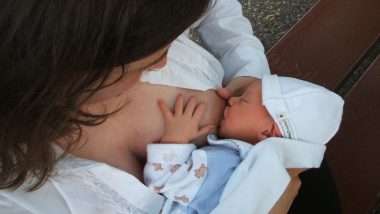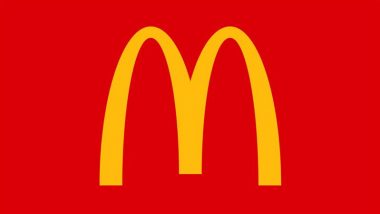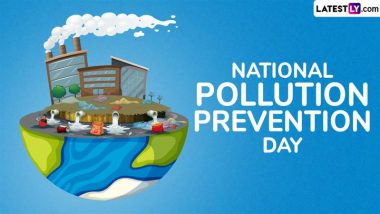Breastfeeding is the most important medium of nutrition for babies and as per WHO a baby must be breastfed within the first hour of birth and it should exclusively continue for the first 6 months of life. If you are a new mother and are nursing currently, you need to pay attention to your diet and avoid all the items that would put both the baby and mother's health in jeopardy. Breast milk is the natural formula that every baby is entitled to. It would not be wrong to say that if you want your baby to be protected from all kinds of diseases, then breastfeeding is the way to go. Breast milk is a powerhouse of nutrients, which will decide the future health of your newborn baby. The nutrients present in breast milk are easily digested by the newborn, which is a big advantage.
Did you know that breastfeeding also helps in building a stronger bond between mother and baby? This is because oxytocin is released in the body during this process. But unfortunately, if you do not follow a proper diet, your baby's health may be affected. According to experts, there are certain foods that MUST be avoided while breastfeeding. World Breastfeeding Week 2022 Date, Theme & Significance: What Are the Health Benefits of Breast Milk for Both Mothers and Babies? Everything You Need to Know.
Foods Lactating Mothers Must Avoid
Foods That May Cause Gas: It is generally said that if the mother has gas problem, then the baby may also be affected. In this case, what mothers eat makes a big difference. Some foods that can cause gastric issues include broccoli, cabbage, kidney beans, chickpeas, black gram, lentils, peanuts, potatoes and corn.
Foods Rich in Caffeine: The most common sources of caffeine are coffee, tea and soft drinks. The caffeine gets transferred to the baby through breastfeeding. This usually accounts for less than 1% of the daily intake of caffeine. The problem starts when it starts accumulating in the baby's body. If the mother consumes more than five cups a day. This can lead to a very high caffeine content.
Alcohol: Alcohol should be completely avoided, but if you are too restless to drink alcohol, you should not go beyond one to two pegs. Make sure you don't feed your baby for at least four hours after the last drink. Always consume alcohol only after breastfeeding your baby. Alcohol enters breast milk in good amounts and can put the baby to sleep.
Exposure to Mercury Via Food: Certain types of fish that are high in mercury – such as king mackerel, swordfish, shark and tilefish must be avoided. If consumed in large quantities, it can cause mercury poisoning in some infants, which may delay their cognitive and psychomotor abilities. You can have 2-3 servings per week of different fish like sardines, crab, squid, lobster and salmon.
Citrus Fruits: Sometimes, consumption of citrus fruits like orange, lemon and amla can irritate the baby's stomach, leading to diarrhea and diaper rash. But that doesn't mean you need to eliminate them completely from your diet. Just pay attention to the symptoms and if you notice any change in your baby's behavior, limit the intake to 1-2 servings per day.
Foods Rich in Trans Fat: Foods such as cakes, pastries, whipped cream, pizza, burgers and margarine are rich in trans-fats. When the amount of trans fat in certain foods increases, the amount of DHA decreases, which has a negative effect on the development of the baby's brain. According to WHO, it is recommended to keep less than 1% trans fat in your diet and avoid all the above-mentioned fast foods.
Any artificial sweetener such as aspartame, stevia, sucralose, saccharin and sorbitol can be transferred to the baby during breastfeeding. Since long-term studies on its effects on the baby are not available, it is advised to avoid its consumption by lactating mothers.
(The above story first appeared on LatestLY on Aug 02, 2022 10:34 PM IST. For more news and updates on politics, world, sports, entertainment and lifestyle, log on to our website latestly.com).













 Quickly
Quickly





















